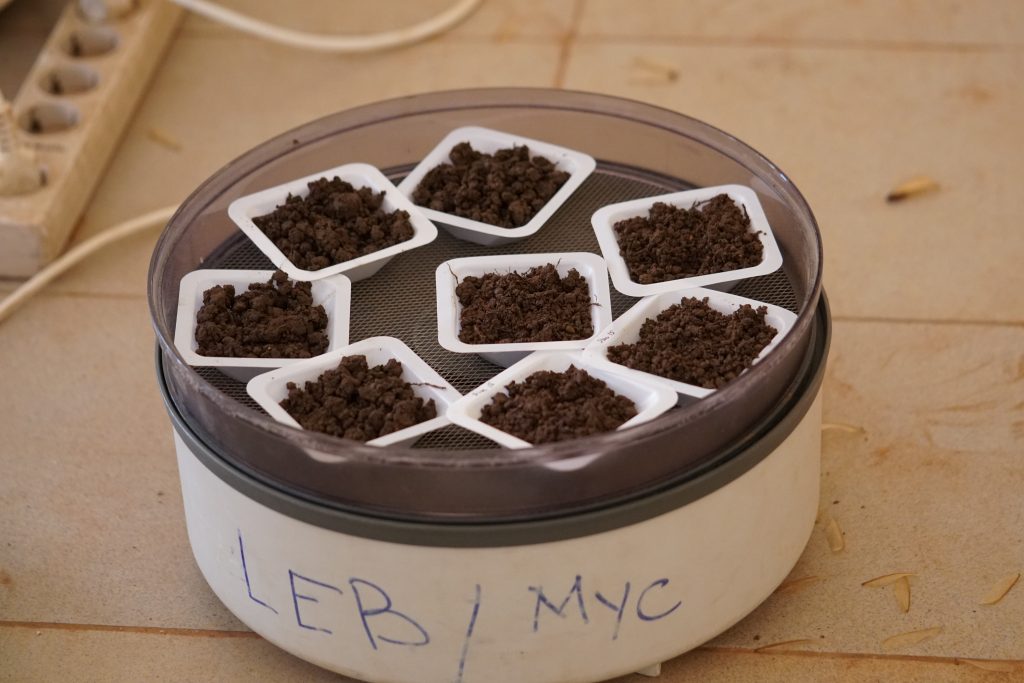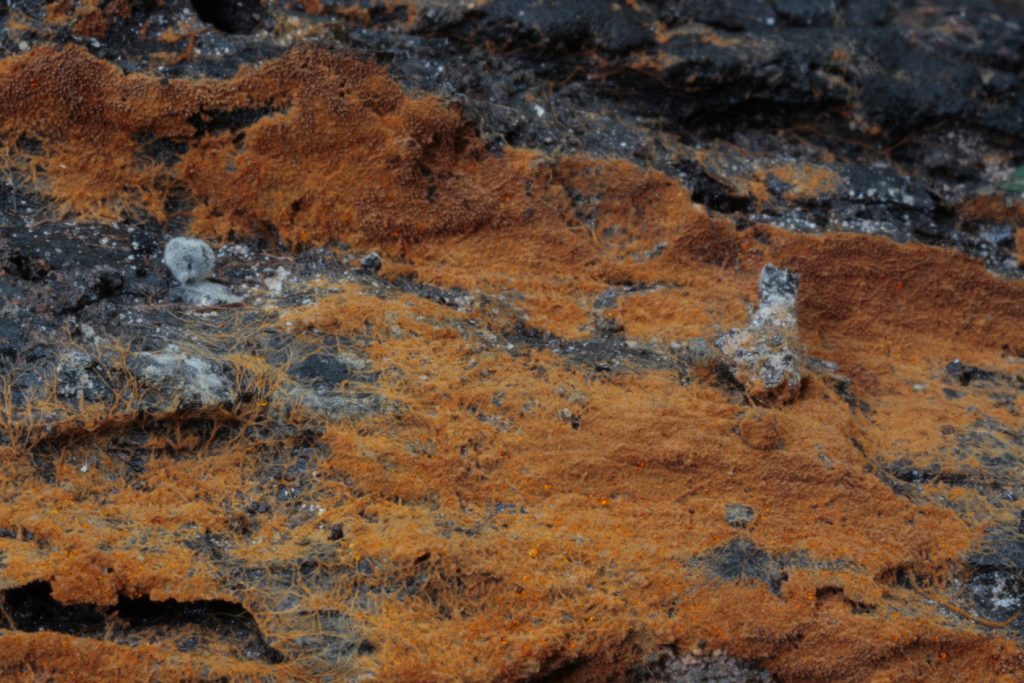Because soil fungi play crucial roles in carbon (C) and nitrogen (N) cycling as well as structuring the plant community and overall plant performance, there has been since recently an increasing interest in the study of below-ground fungi. Thanks to the Next Generation Sequencing techniques (NGS), fungi now can be identified based on sequences from environmental samples (soil, air, water, dungs…), and not just from reproductive structures. It is therefore possible to study when and where a fungus is present also from environmental samples. This has opened up new opportunities to study, for example, specificity of plant fungal associations. However, the newly emerged discipline is characterized by an explosion of methods, techniques, software and platforms, to cope with the usually large dataset generated by mean of the NGS technology, all not easily accessible by native African mycologists. Soil fungi have been playing a crucial role in soil fertility and the overall crop yields.
To nourish this session, we accept abstracts dealing with techniques/methods related to the functional diversity of soil fungi and techniques/methods. We strongly encourage presentations evidencing the impact of soil fungi on agricultural, agro-forestry and forest ecosystem performance. Managing large biodiversity data is also a big challenge in tropical African context because of the lack of required software and high performing desk and laptop.
-

Drying soil samples for metabarcoding (Sikasso region, Mali 2018, from K. Tchan) -

Tomentella dummerei sampled from Guinea (photo from NS Yorou)
